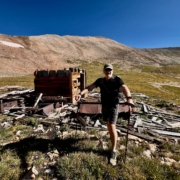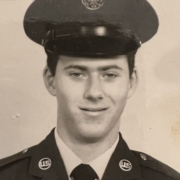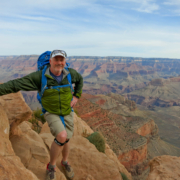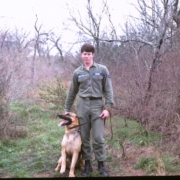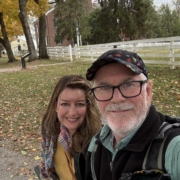Starring in Your Own Season of House of Cards | Healthy Aging Series: S12 E14
House of Cards: Season “Hell at SBTS” Starring: Me, The President of The Southern Baptist Theological Seminary I am by nature, not a protester, but I have protested. And before you get all judgy, how many protests have you participated in? And if you say, yeah, I have, then good on you! My protest was…

